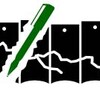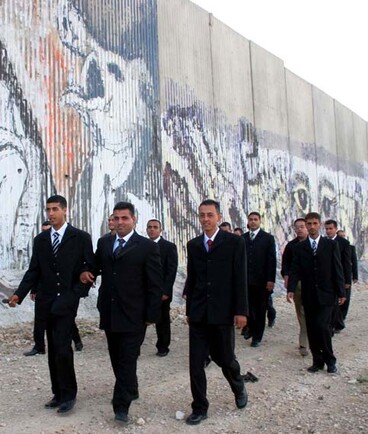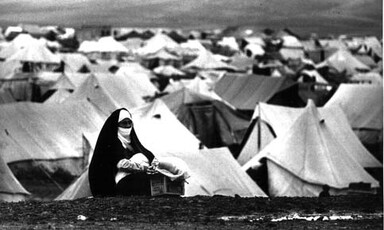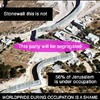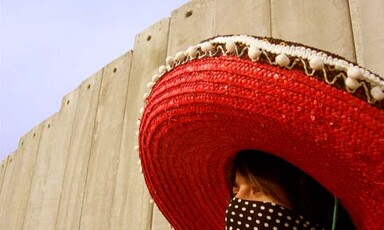
Israel's Arabic-language press coverage of the Israeli elections
23 May 2006
24th March 2006 - The below is a summary of coverage of the Israeli general elections in the Arab press in Israel, compiled by the I’lam Media Center for Arab Palestinians in Israel. Kol il Arab conducted a survey which forecasts that all of the Arab parties will pass the 2% minimum required to get official representation in the Knesset, and 69% of eligible Arab voters will vote in the election next week. The Communist Party will get more than 3 seats, the NDA more than 3 seats, and the United Arab List 4 seats. Read more about Israel's Arabic-language press coverage of the Israeli elections
